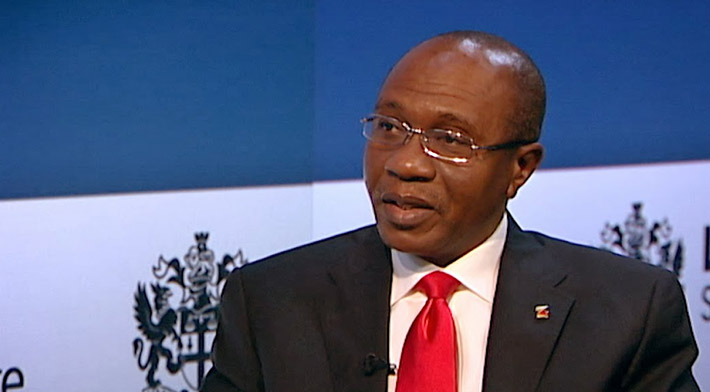The presidential directive to the Central Bank of Nigeria (CBN) not to stop providing foreign exchange for food importation is worrying. It is a continuation of the now-established practice of the current administration to interfere and usurp the independence of the Central Bank of Nigeria (CBN)
The practice is not only dangerous and unlawful, but detrimental to the growth and development of the economy, and ultimately, the image of the country before investors and international financial institutions.
History has taught us – and scholars are now documenting the lessons – that a great deal of the difference between developed/prosperous societies and those that are not are traceable to the presence and quality of institutions. For instance, Daron Acemoglu and James Robinson – in their highly acclaimed book “Why Nations Fail” conclusively show that the reason why some nations are rich and others poor, is as a result of the quality of institutions in the former and its absence or weakness in the latter.
Take Korea – a remarkably homogenous nation – yet the people of the South are among the richest while those of the North are among the poorest in the world. The contrasting fortunes of the two Koreas are in the nature and quality of their economic and political institutions. While those of the South are open, encouraging innovation and full participation in the economy coupled with a workable political system that is fully accountable and responsive to citizens, those of the North are closed, dependent on individuals and unaccountable and responsive to citizens.
That is why countries that seek to build prosperous and sustainable societies anchor them on strong institutions rather than on personal rule or strong men. Institutions are impersonal and enduring and not subject to the whims and caprices of leaders. They outlive individuals and guarantee progress regardless of the people inhabiting them at any point in time.
And the literature on political economy has been quite clear: central banks have had the greatest impact in maintaining economic stability when they act independently and free from political interferences.

In Nigeria however, though our law books guarantee the independence of the CBN, politicians (more particularly the Buhari administration) usurp its powers and determine monetary policy.
Early in the life of this administration, the president made it quite clear who was in charge of monetary policy decisions.
The President has voiced his ignorance of economics, and unconvinced of an “economic explanation” for devaluing the naira, shown his displeasure for the D-word. He has pointedly said devaluation is not good for a country that imports toothpicks. Despite the shortage a rigid administration of available dollars and multiple exchange rates has caused. Consequently, the preoccupation of the CBN has been to tailor all its policies to the disposition of the president.
The results of all these interferences in the economy have been negative. They portray the CBN as a rudderless institution that relies on the body language of its political masters for important decisions. Decisions that are normally the exclusive preserve of professionals.
This administration must realise that prosperous and sustainable societies are built on strong institutions not the whims of a strong man. It never works!
Source: businessdayng




